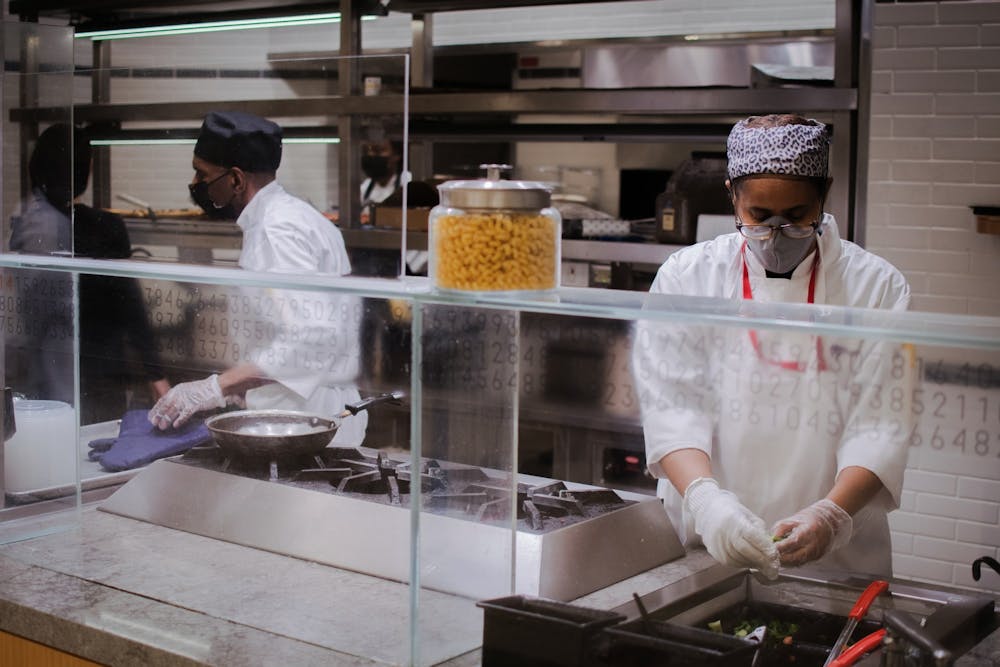A study by the Wharton School and Independence Blue Cross found that essential workers have a 55% higher risk of contracting COVID-19 than nonessential workers.
The study was published in the National Bureau of Economic Research. Wharton Professor of Operations, Information, and Decisions Hummy Song and Director of Data Science of Health Care Analytics at Independence Blue Cross Aaron Smith-McLallen, who worked on the study, said in a recent Knowledge@Wharton podcast that this data can help show what impact shutdowns of businesses had on infection rates for essential workers during the COVID-19 pandemic.
The study did not include rates of severe disease or death among essential workers, PennLive reported.
“Our goal in this work was to examine the extent to which being designated as an essential worker versus a nonessential worker by this policy impacts your risk of being positive for COVID-19," Song said in the podcast. "We took this one step further and also looked into how it impacts the risk of those who are living with essential versus nonessential workers."
Dependents living with essential workers are 17% more likely to test positive for COVID-19 than dependents of nonessential workers, and roommates of essential workers are 38% more likely, according to the study.
Both co-authors said they hope that government officials take into account the risk for essential workers and their immediate contacts. Song and Smith-McLallen said that essential workers should not have to sacrifice their health to maintain their income.
"We hope that by quantifying these effects, we can help policymakers develop and think about what’s the appropriate and necessary protection that workers need, both when it comes to workplace safety, but also for things like the right to refuse unsafe work," Song said in the podcast.









